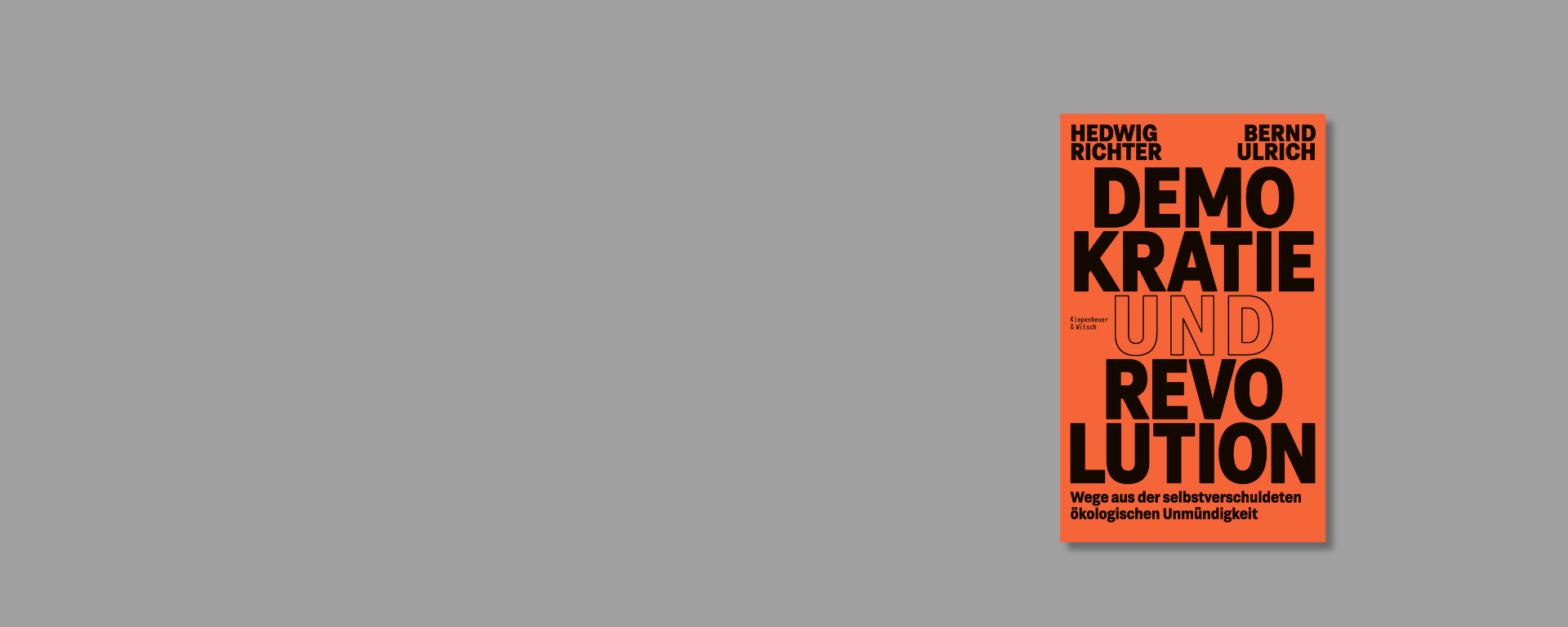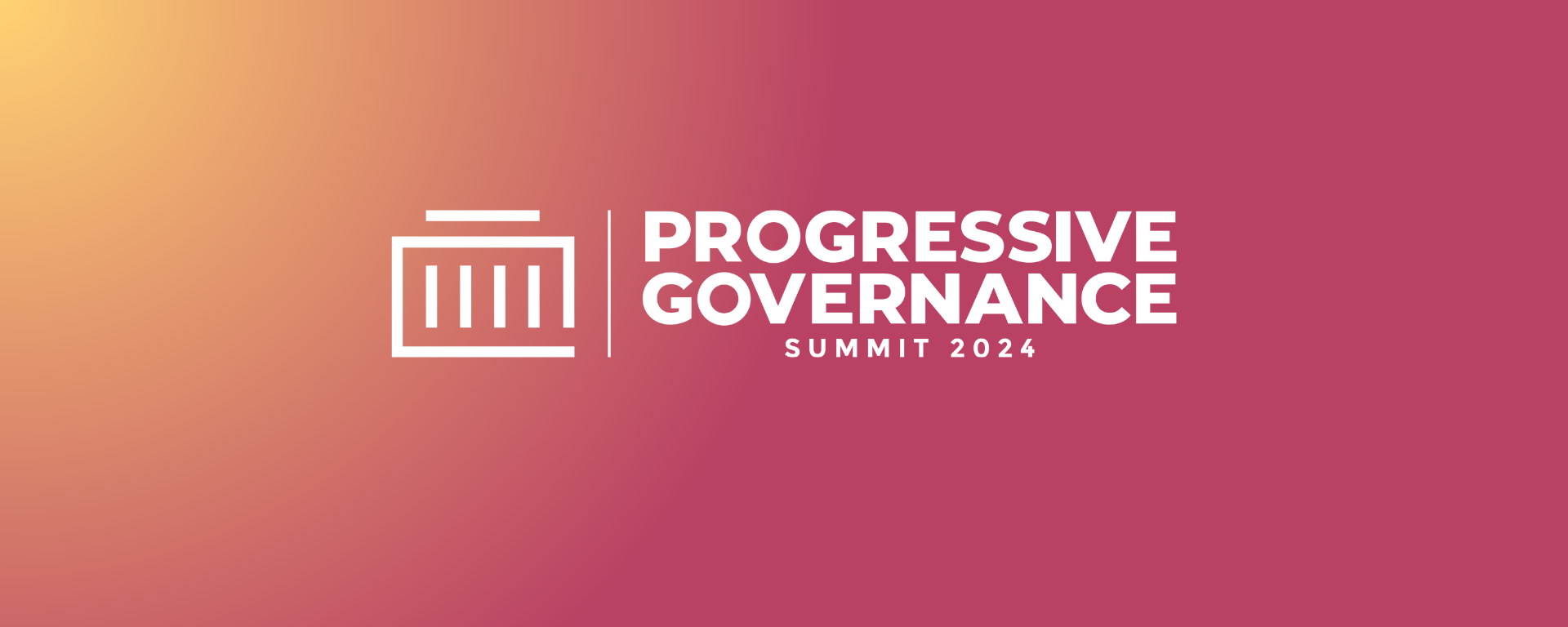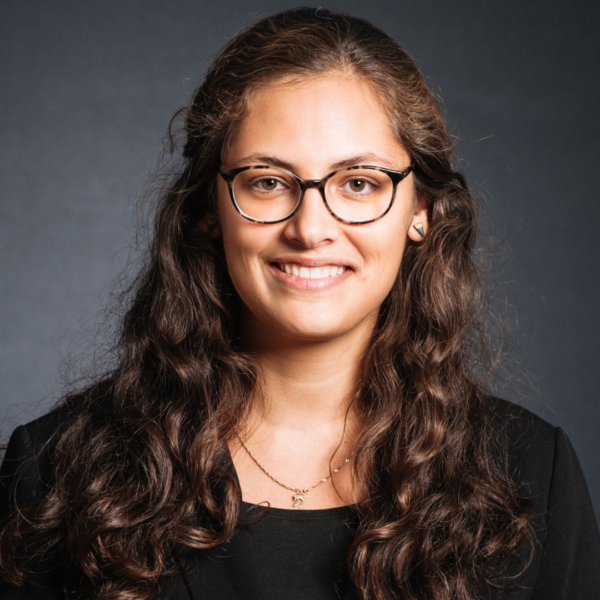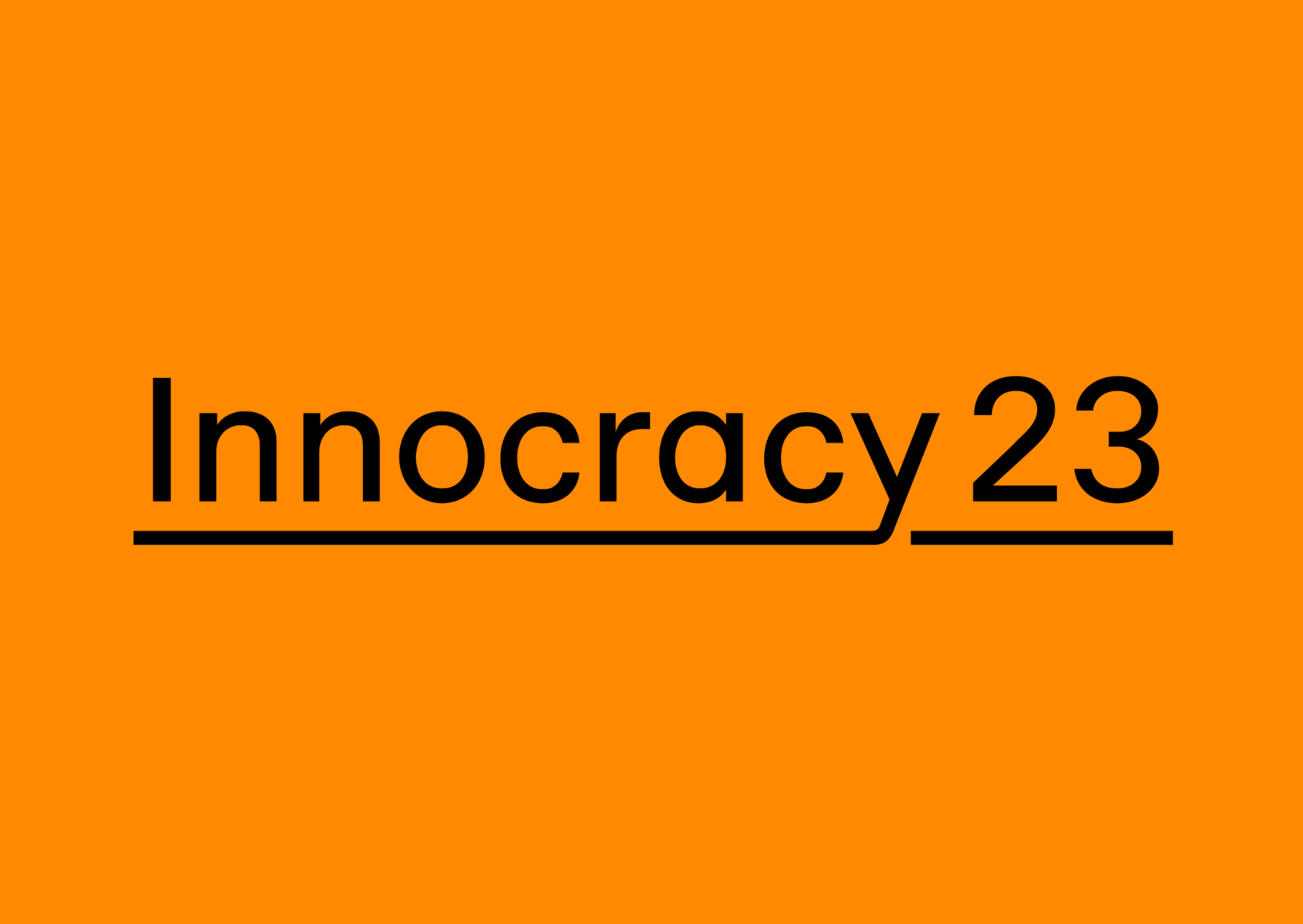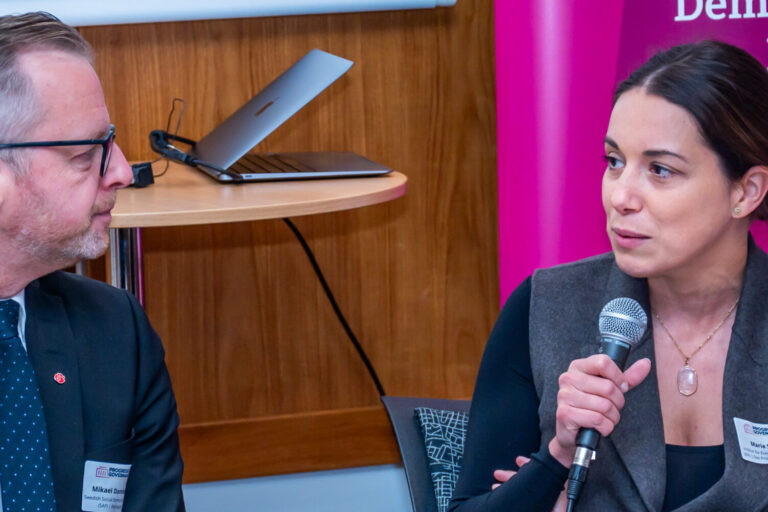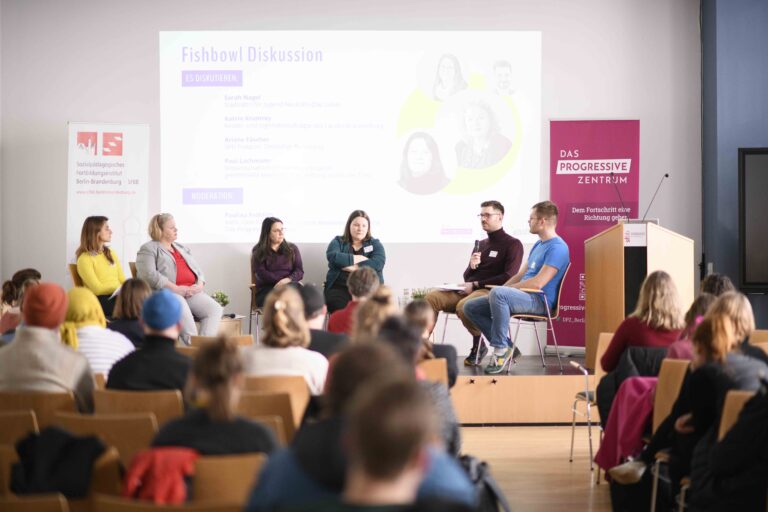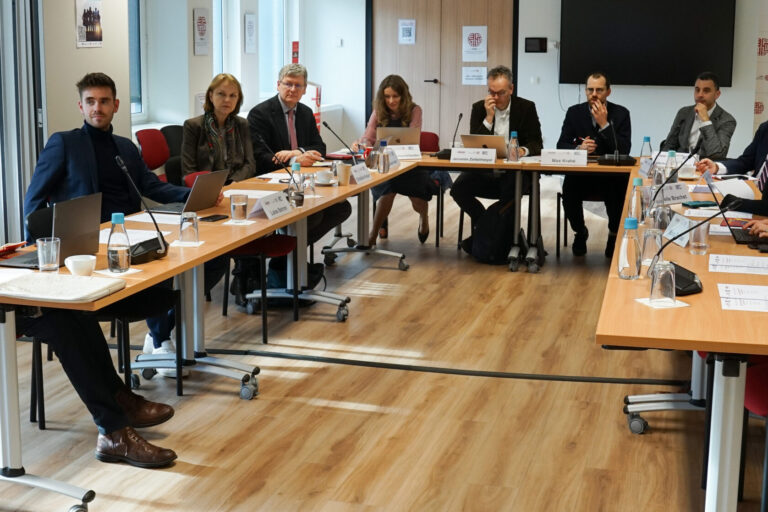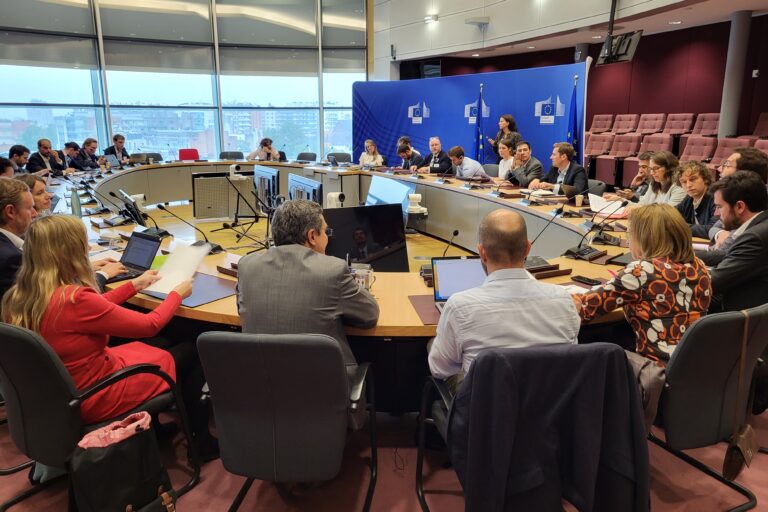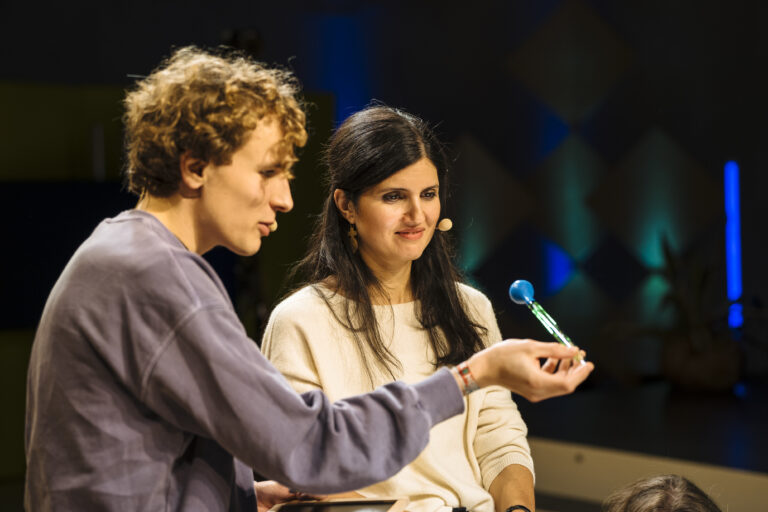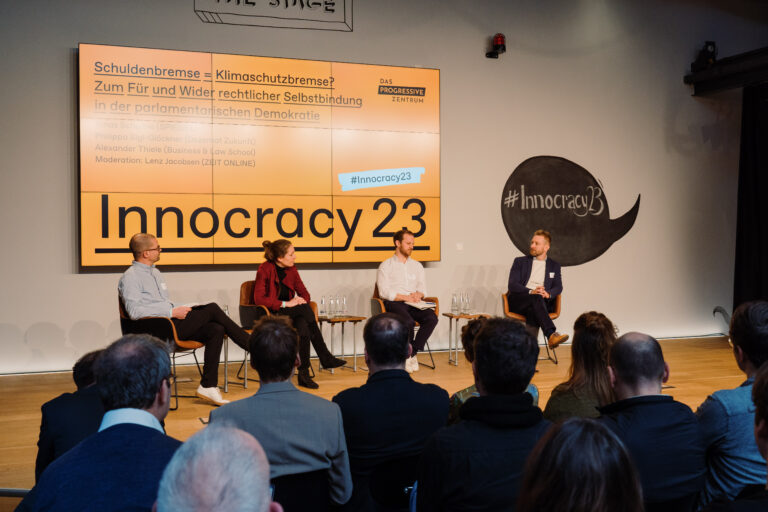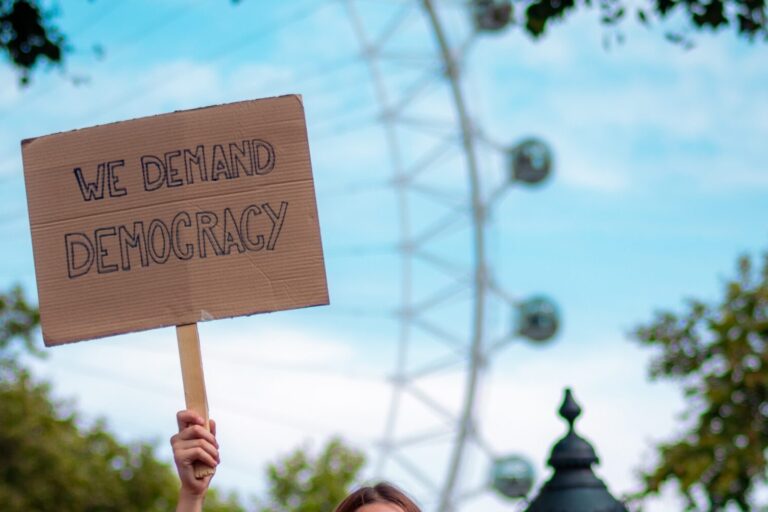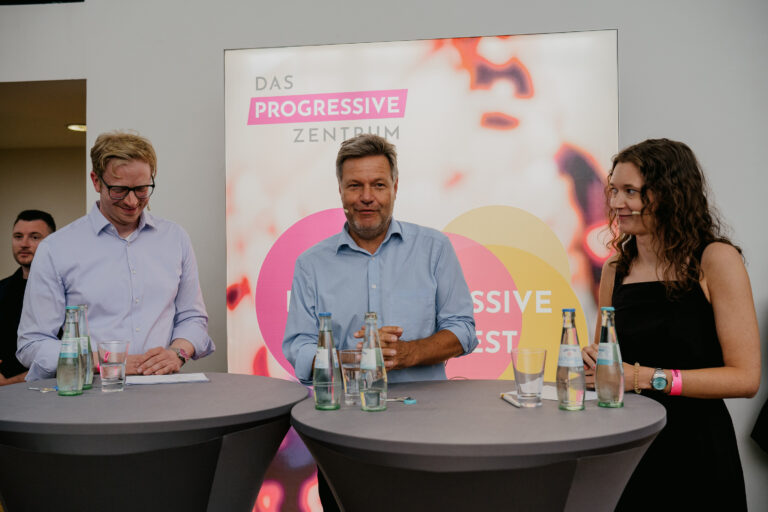Mit unseren Veranstaltungen setzen wir als Think Tank Impulse für den gesellschaftlichen Fortschritt. Bei unseren Konferenzen, Roundtables, Hintergrundgesprächen und Workshops entwicklen und debattieren wir progressive Ideen – und bringen diejenigen zusammen, die sie in die Tat umsetzen. So schaffen wir eine Plattform für Progressive aus Deutschland, Europa und Nordamerika.
Ansprechperson
Im Fokus
Vergangene Veranstaltungen

Wir entwickeln und debattieren Ideen für den gesellschaftlichen Fortschritt – und bringen diejenigen zusammen, die sie in die Tat umsetzen. Unser Ziel als Think Tank: das Gelingen einer gerechten Transformation. ▸ Mehr erfahren



